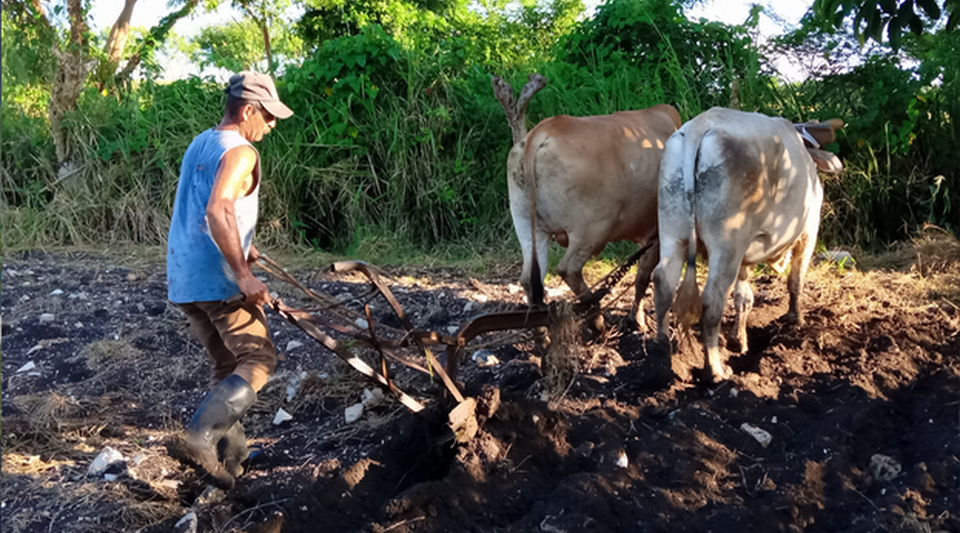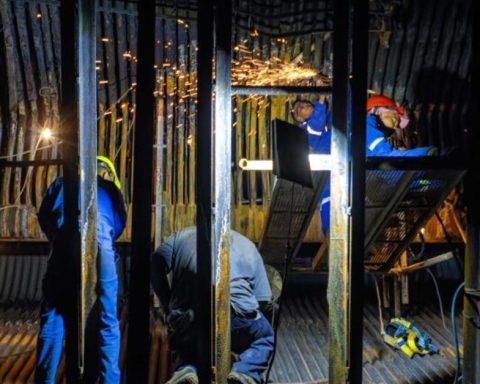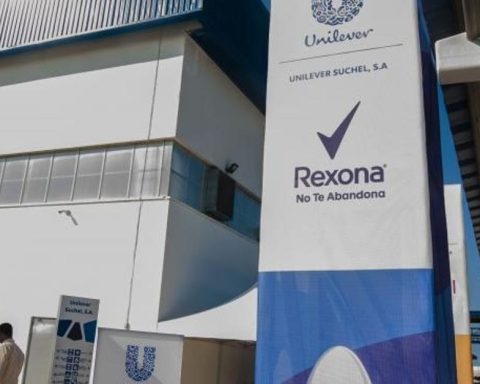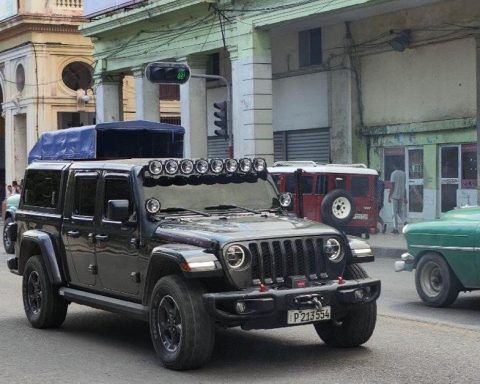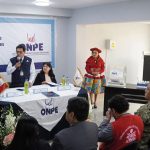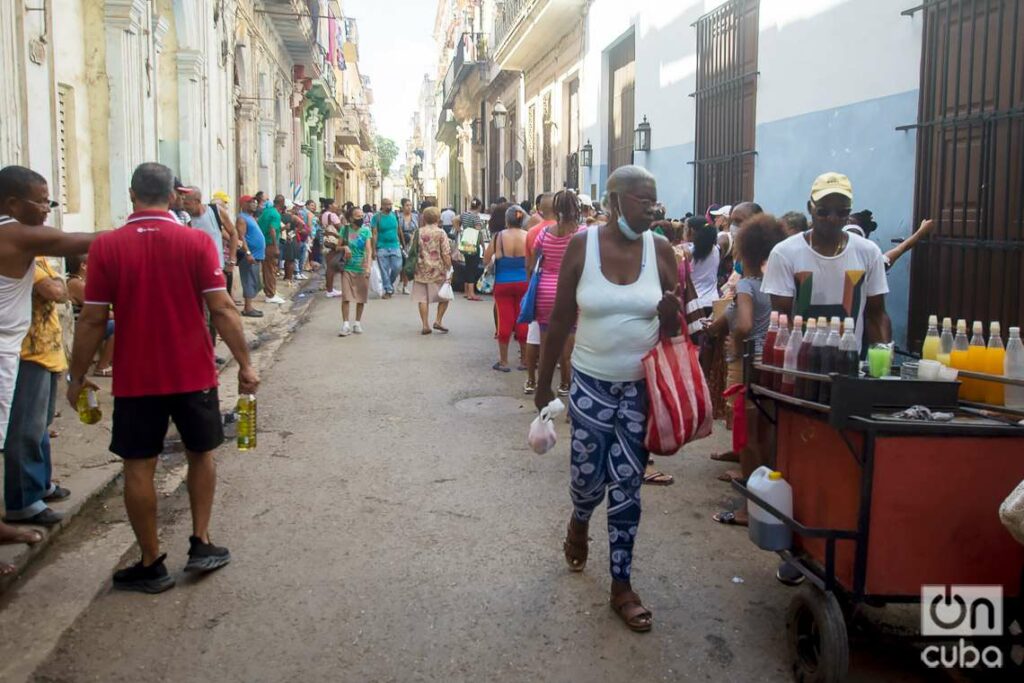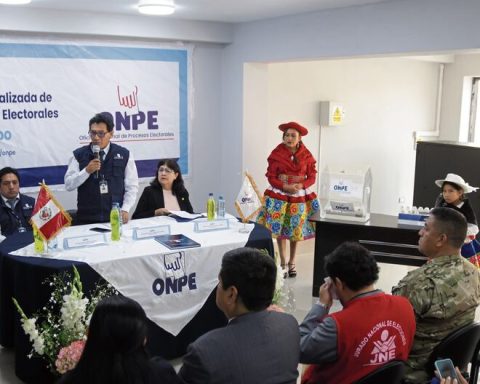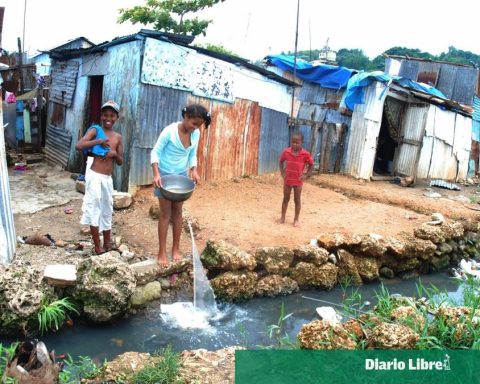Like most Cuban peasants, Ernesto gets up before dawn and brews coffee. Half of his house is made of boards; the other, roofed with fiber cement. He is not poor, but the money he earns has to be reinvested in the crops.
His land, located on the outskirts of Camajuaní, Villa Clara, used to be fertile and grateful. But for years it has been dry and does not produce unless it is fertilized with expensive fertilizers, sprayed with insecticides and weeded out. “When you can’t get these resources,” the peasant tells 14ymedio“the harvest is spoiled”.
Ernesto intends to plant 15 strings of beans. Between the payment of the workers, the plow and the liquids he has had to spend 25,000 pesos on the sowing. A small fortune that took him three months to gather, in addition to getting used to dealing remotely and through Revolico, the buying and selling website where he obtained six liters of the herbicide glyphosate, for 1,675 pesos each.
The driver of the tractor who was planning to pull the plow charged him 6,000 pesos, plus fuel money, another 2,200. “Everything I have been able to achieve has been with my own money, without credit or loans,” says the man. “And even with that I have not been able to start planting.”
“The luck is that, of what I produce, I sell almost everything,” he concludes, “And I also leave something for my house. If not, the account doesn’t add up.”
A few kilometers from Camajuaní, on a farm in the town of La Sabana, Armando grows mangoes and guavas that he later sells to Acopio. This state company distributes them to the Los Atrevidos canning factory in Remedios. “The people from Acopio seemed serious,” he says, “until one day they made a bad impression on me.”
Armando planned to send six boxes of very ripe mangoes, and they kept him waiting all weekend. Under the August heat, some mangoes began to rot. “I couldn’t wait any longer,” says the peasant, who had to sell the lot to a merchant from Camajuaní, who quickly dispatched it.
“When I called Acopio to complain, they shamelessly explained to me that without fuel for the trucks you couldn’t buy mangoes,” he says. “With that level of instability, how can you trust the state to do business?”
Miguel also lives and works in Camajuaní but, unlike Ernesto and Miguel, his resources are very scarce to keep his crops in good condition. Lately, he doesn’t even sell what he harvests, but dedicates it to the consumption of his own family.
They follow the tradition of facing the countryside alone, from sunup to sundown, and resign themselves to austerity and the departure of their children, who rarely stay in rural towns
Old and ailing, Miguel relies on his meager checkbook. “That’s not enough for insecticides,” he laments. He has tried to prosper with other alternatives: worm humus, animal feces and a mixture made with tobacco cujes and rotten vegetables, but even then the pests do not give up “.
Bordering on extreme poverty, Miguel’s house doesn’t even have a bathroom, just a wooden toilet in the patio. Despite the misery and the impossibility of making profits in dollars, the Government continues to sell agricultural inputs in foreign currency. Most of the farmers do not have or do not know how to apply for an account in freely convertible currency. They are very new processes, payment methods that they are not used to and a suffocating bureaucracy that turns marketing into a nightmare.
Some of them, the wealthiest, have been able to hire laborers and teams. Others follow the tradition of facing the countryside alone, from sunup to sundown, resigning themselves to austerity and the departure of their children, who rarely stay in rural towns.
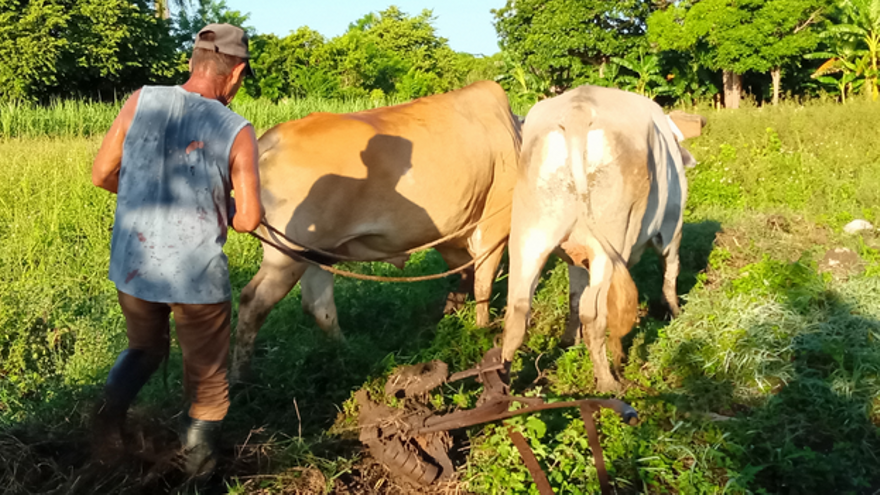
Ernesto, Armando and Miguel are not affiliated with any cooperative. The State rarely pays attention to them when they complain to peasant organizations and they never arrive on time when resources are sold. “What there is is for state producers,” is the answer they get.
It is not uncommon for these three men, accustomed to difficulties and bureaucracy, to have been stumped by a recent headline of Granmawho spoke of another producer from Camajuaní: “If Yusdany can, why can’t others?”said the newspaper of the Communist Party, citing none other than Miguel Díaz-Canel.
The plump president, on an official visit to the town of Villa Clara, had gone to the brand new private “slaughterhouse” of Yusdany Rojas, a 31-year-old young man. Rojas feeds a huge number of 800 pigs on his farm, while he plants tobacco to sell to those who strip the veins from the leaves. In addition, sugar cane and other crops grow on his land, and he has space for a “small” sausage factory.
Díaz-Canel has himself photographed with the young Yusdany, fascinated by the growth of the pigs and the “self-management” of the farm, where problems do not make a dent. “He lacks land,” he notes Granmaso that the local bureaucracy feels pressured by the dilemma: the five caballerías they own are no longer enough.
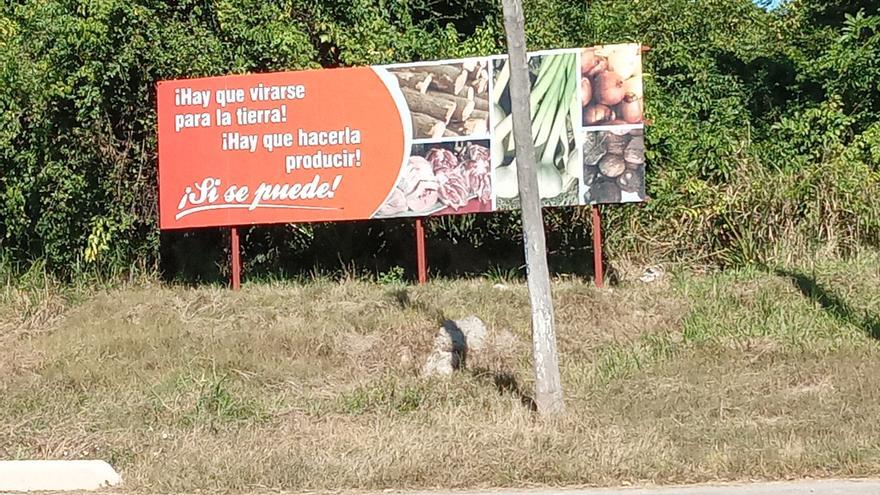
“We were used to the state giving us everything as if we were pigeons for a long time,” he says, and his words almost sound ironic, “but now they have freed our wings and what we have to do is learn to fly.”
Yusdany sells his to tourism and to state companies. The bank is prodigal when it comes to granting him credit and the pigs are in good health. “Very soon I will have 3,800 pigs,” promises Rojas, and no one doubts it.
Almost 4,000 pigs, 86 employees, 5 caballerias that will soon multiply, and the personal blessing of Díaz-Canel. The president has a special affection for Camajuaní and it is not enough for him to pave the way for the shoe mafia, omnipotent in the territory. Now it also guarantees that “chosen” farmers, like Rojas, prosper to entertain them in the official media.
Ernesto, Armando and Miguel ask themselves the same question, which becomes a claim: if Yusdany can, why can’t we?
________________________
Collaborate with our work:
The team of 14ymedio is committed to doing serious journalism that reflects the reality of deep Cuba. Thank you for joining us on this long road. We invite you to continue supporting us, but this time becoming a member of our journal. Together we can continue transforming journalism in Cuba.
